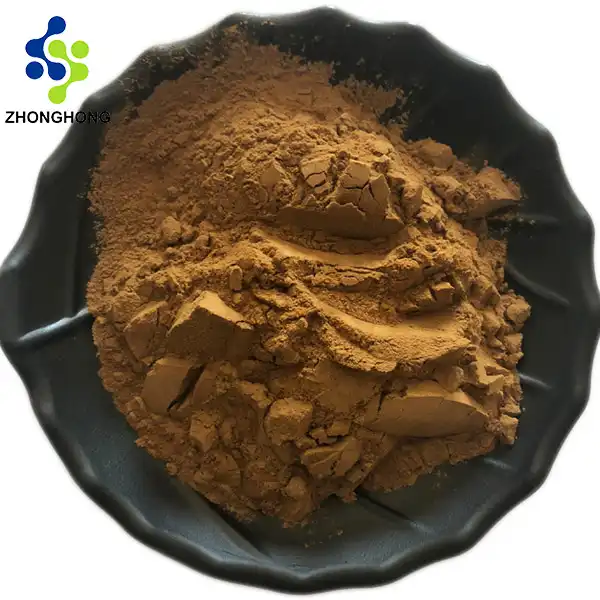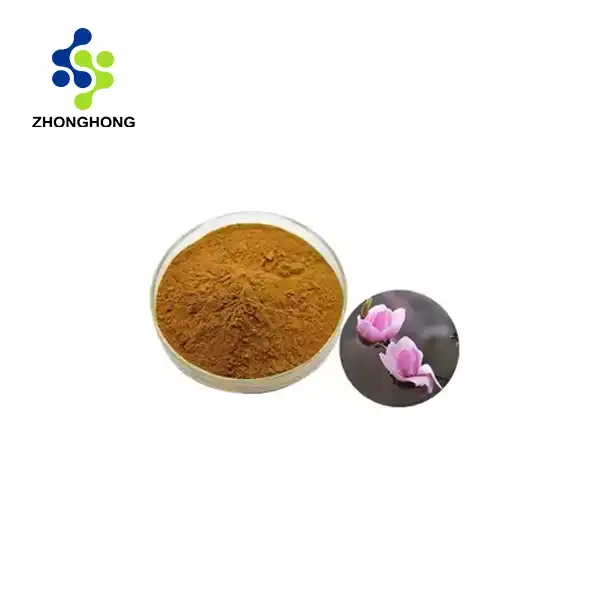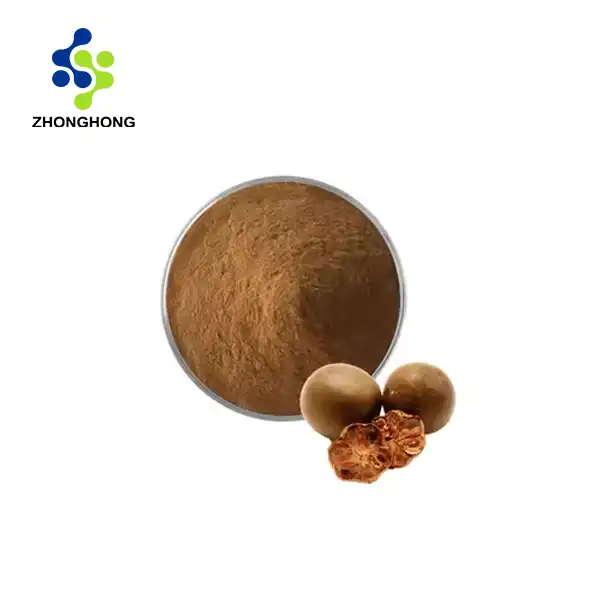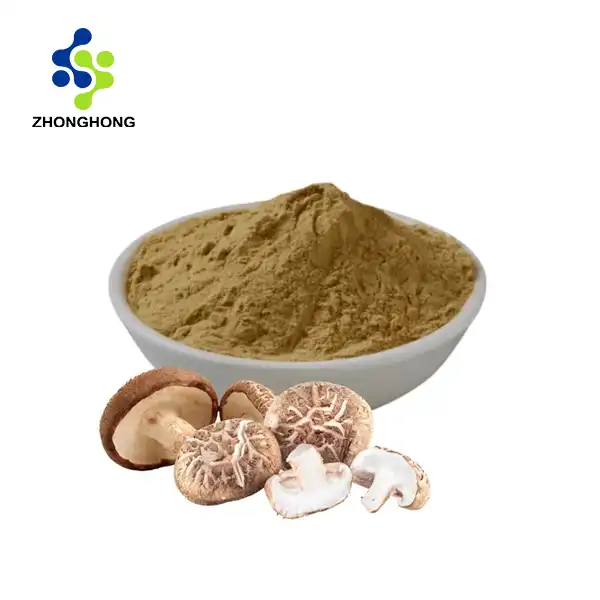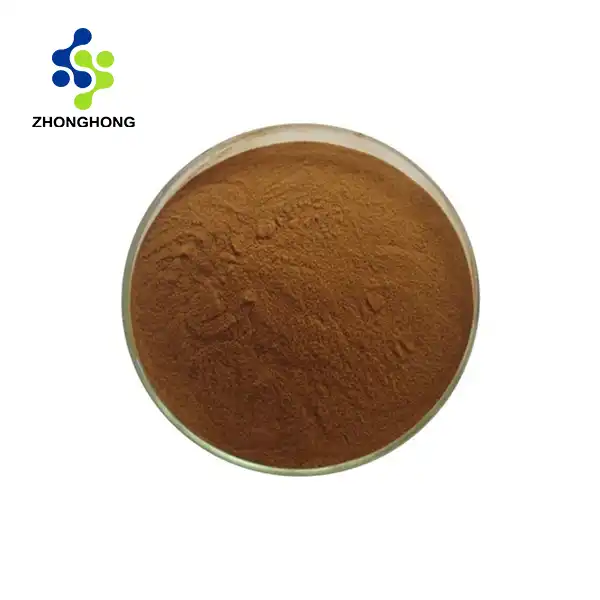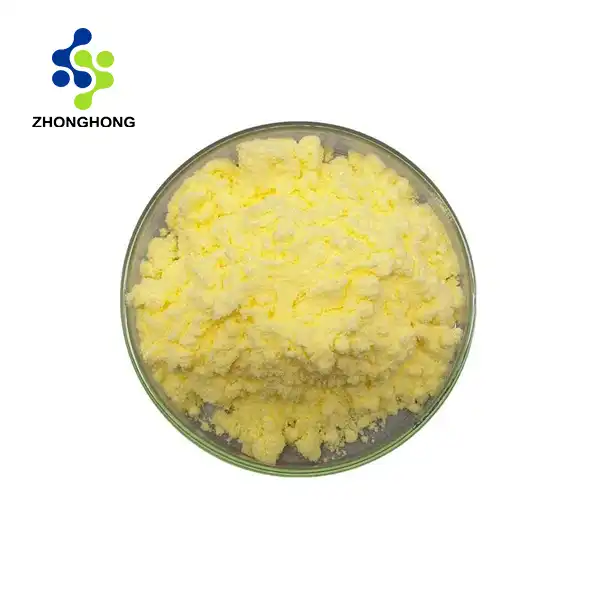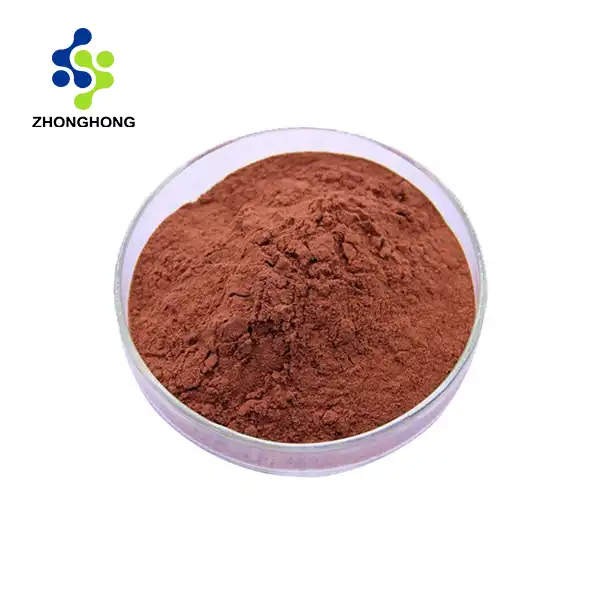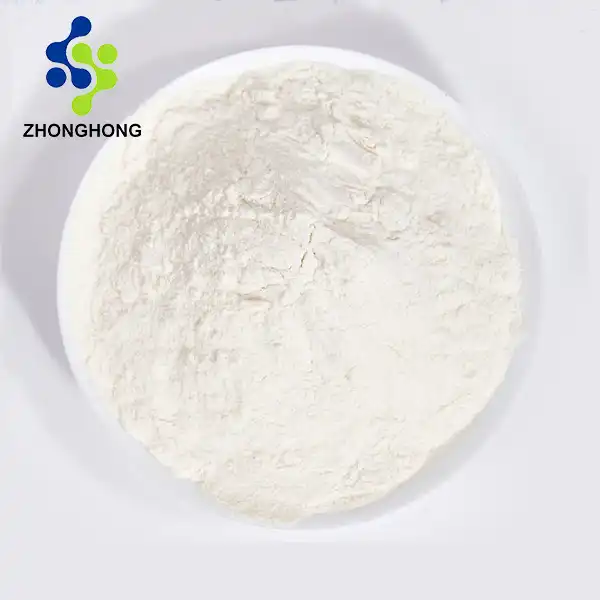Collagen Peptides vs. Collagen: What's the Difference?
Understanding Collagen: The Building Blocks of Skin
Collagen is the most abundant protein in our bodies, making up a significant portion of our skin, bones, and connective tissues. It's often referred to as the "glue" that holds our bodies together, providing structure and support to various tissues. In the skin, collagen plays a crucial role in maintaining firmness, elasticity, and hydration. As we age, our body's natural collagen production begins to slow down, leading to the formation of wrinkles, sagging skin, and other visible signs of aging. This is where collagen peptides come into play, offering a potential solution to combat these age-related changes.
The Science Behind Collagen Peptides
While collagen and collagen peptides are closely related, they have some key differences. Collagen peptides are essentially smaller, more bioavailable versions of whole collagen proteins. Through a process called hydrolysis, collagen is broken down into shorter chains of amino acids, resulting in collagen peptides. These smaller peptides are more easily absorbed by the body, making them a more effective option for supplementation. When ingested, collagen peptides can be quickly utilized by the body to support collagen production and other vital functions.
Bioavailability and Absorption
One of the main advantages of collagen peptides over regular collagen is their superior bioavailability. Due to their smaller size, collagen peptides can be more readily absorbed by the digestive system and distributed throughout the body. This enhanced absorption means that more of the beneficial amino acids reach their target tissues, potentially leading to more noticeable results. Research has shown that collagen peptides can be detected in the bloodstream within hours of ingestion, demonstrating their ability to be quickly absorbed and utilized by the body. This rapid absorption is one of the reasons why collagen peptides have gained popularity as a dietary supplement for skin health and overall well-being.
How Collagen Peptides Improve Skin Elasticity?
Stimulating Natural Collagen Production
One of the primary ways that collagen peptides contribute to improved skin elasticity is by stimulating the body's natural collagen production. When consumed, these peptides act as messengers, signaling to the body that more collagen is needed. This triggers an increase in collagen synthesis, helping to replenish and maintain the skin's collagen levels. As the skin's collagen content increases, it becomes more resilient and better able to maintain its structure. This can lead to a reduction in the appearance of fine lines and wrinkles, as well as improved overall skin texture and firmness.
Enhancing Skin Hydration
In addition to boosting collagen production, collagen peptides can also help improve skin hydration. Collagen plays a crucial role in maintaining the skin's moisture barrier, which helps prevent water loss and keeps the skin plump and hydrated. By supporting the skin's natural moisture-retaining abilities, collagen peptides can help combat dryness and flakiness, leading to a more supple and youthful appearance. Improved hydration can also contribute to a reduction in the appearance of fine lines and wrinkles, as well-hydrated skin tends to look smoother and more radiant.
Protecting Against Free Radical Damage
Another way that collagen peptides contribute to skin health is through their antioxidant properties. Free radicals, which are unstable molecules produced by various environmental factors such as UV radiation and pollution, can cause significant damage to skin cells and accelerate the aging process. Collagen peptides have been shown to possess antioxidant properties, helping to neutralize these harmful free radicals and protect the skin from oxidative stress. By reducing the impact of free radical damage, collagen peptides can help maintain the skin's overall health and appearance, contributing to a more youthful and radiant complexion.
Easy Ways to Integrate Collagen Peptides into Your Diet
Collagen Peptide Supplements
One of the most straightforward ways to incorporate collagen peptides into your daily routine is through dietary supplements. These are typically available in powder or capsule form, making them easy to add to your existing supplement regimen. When choosing a collagen peptide supplement, look for products that use high-quality sources and have undergone third-party testing for purity and potency. It's also important to consider the specific type of collagen peptides used, as different types may offer varying benefits for skin health.
Collagen-Rich Foods and Recipes
While supplements are a convenient option, you can also boost your collagen intake through your diet. Foods rich in collagen or collagen-boosting nutrients include:
- Bone broth
- Fish (especially with skin)
- Chicken
- Egg whites
- Citrus fruits (high in vitamin C, which supports collagen production)
- Berries (rich in antioxidants)
- Leafy greens (high in vitamin C and other nutrients)
You can easily incorporate these foods into your meals or try recipes specifically designed to boost collagen intake. For example, you could make a collagen-rich smoothie by blending collagen peptide powder with fruits, leafy greens, and a liquid of your choice.
Topical Applications of Collagen Peptides
While ingesting collagen peptides is generally considered more effective for overall skin health, topical applications can also provide benefits. Many skincare products now incorporate collagen peptides into their formulations, claiming to improve skin texture, reduce the appearance of wrinkles, and enhance overall skin health. When using topical products containing collagen peptides, it's important to choose high-quality formulations and use them consistently as part of your skincare routine. Look for products that combine collagen peptides with other beneficial ingredients such as hyaluronic acid or vitamin C for maximum skin-boosting effects.
Conclusion
Collagen peptides offer a promising avenue for those seeking to maintain youthful, radiant skin. By understanding the science behind these powerful molecules and incorporating them into your daily routine, you can take proactive steps towards supporting your skin's health and appearance. Remember, consistency is key when it comes to seeing results from collagen peptide supplementation or skincare products. If you want to get more information about this product, you can contact us at liaodaohai@gmail.com.
_1728976869676.webp)
